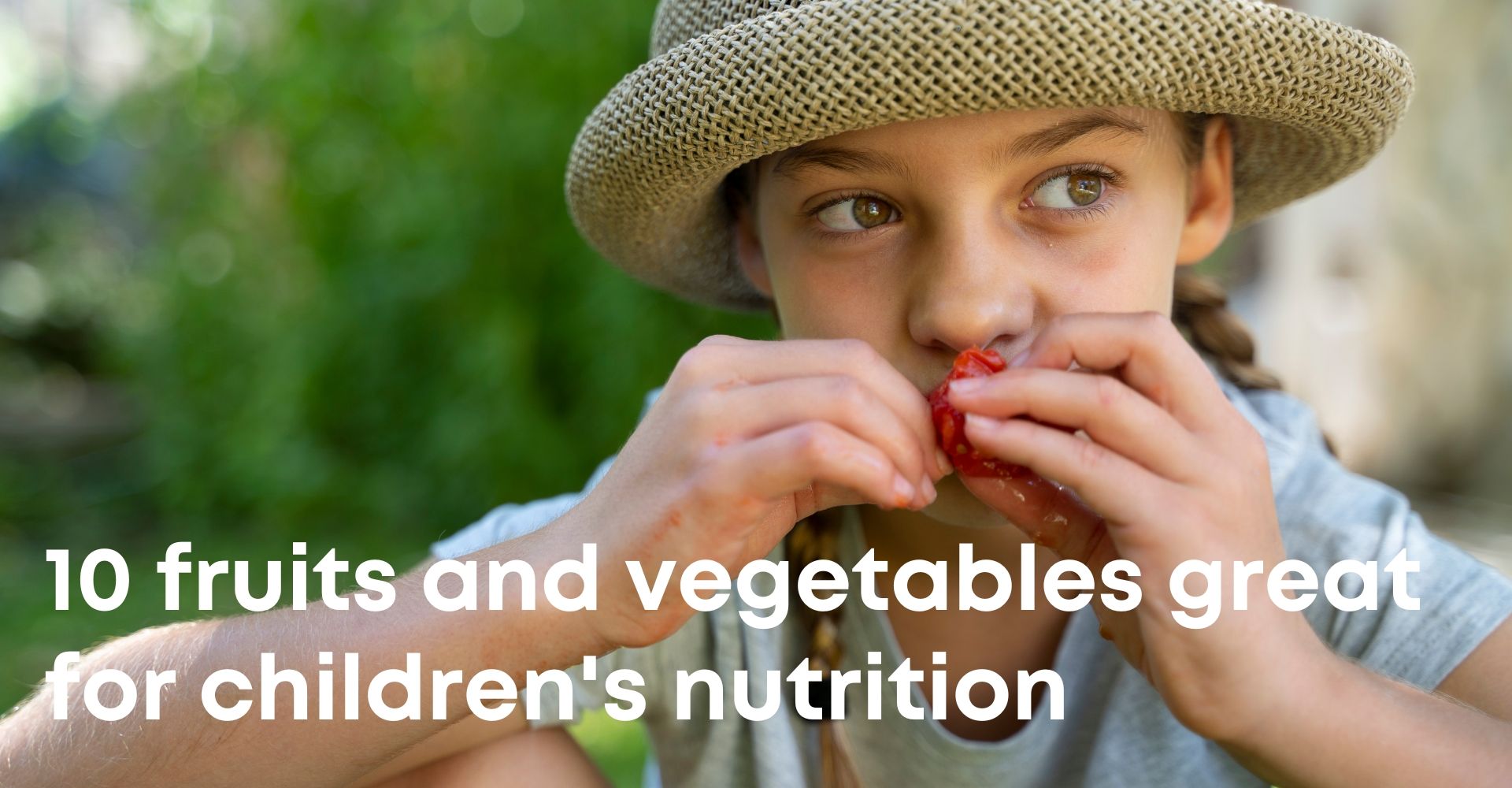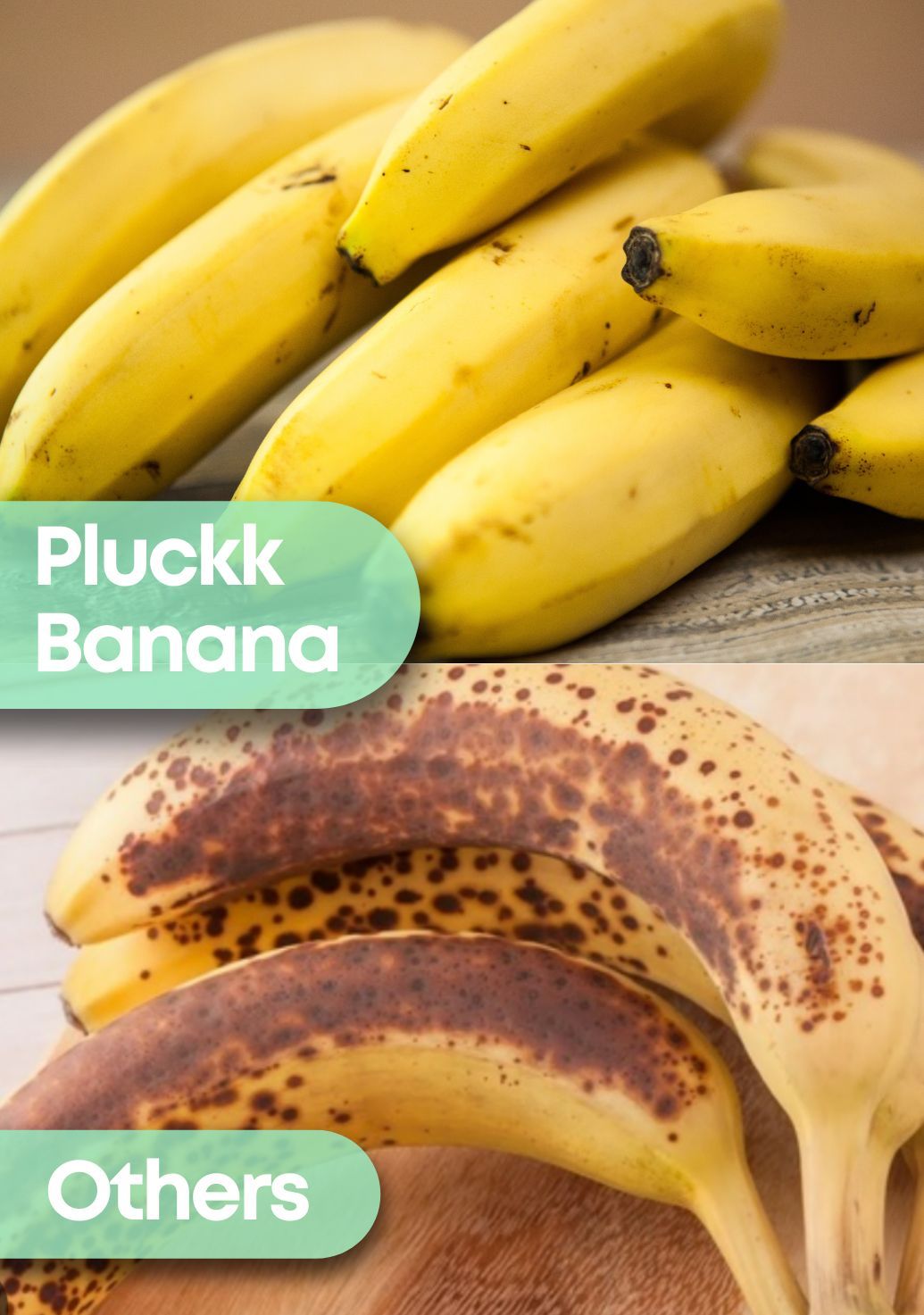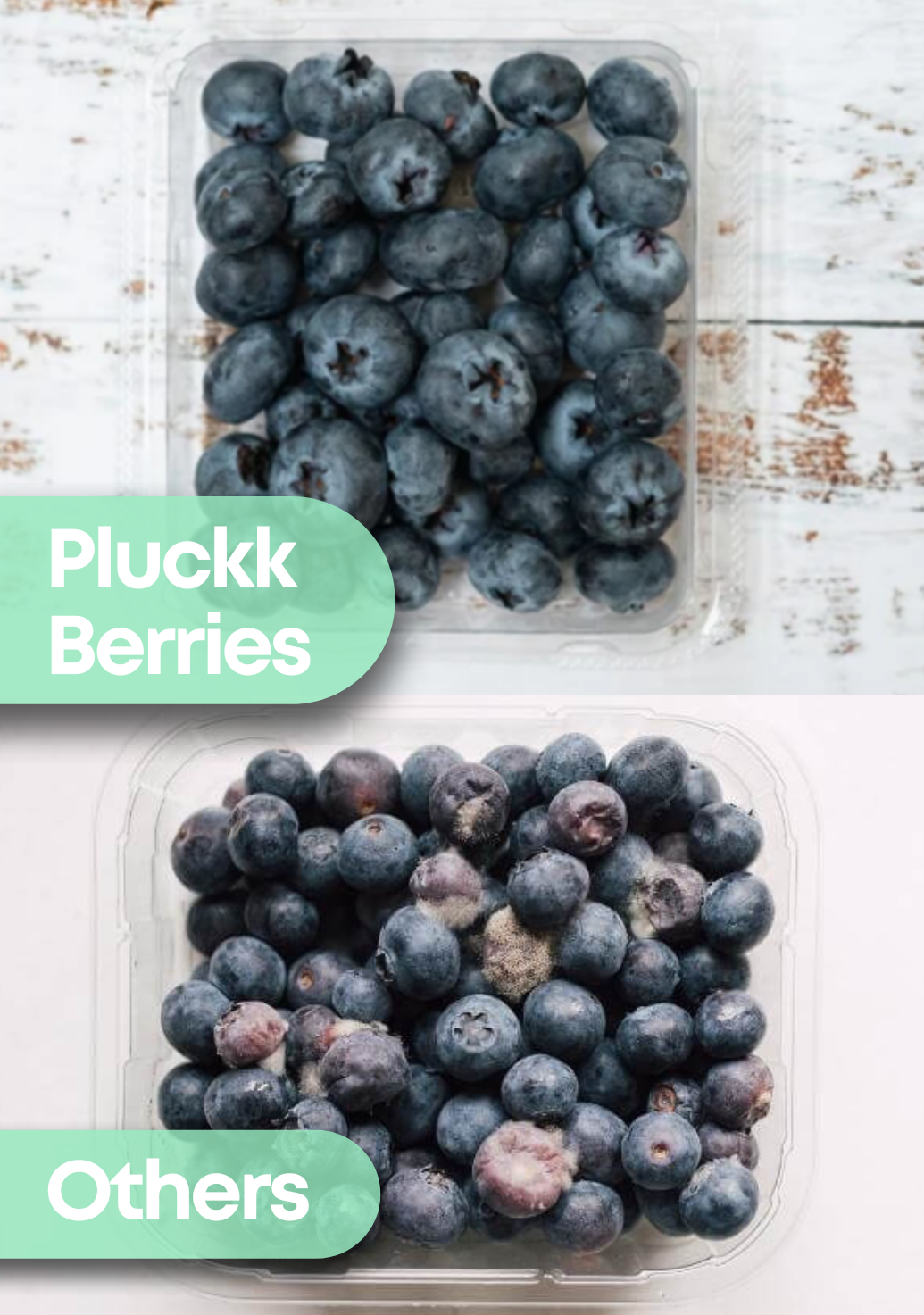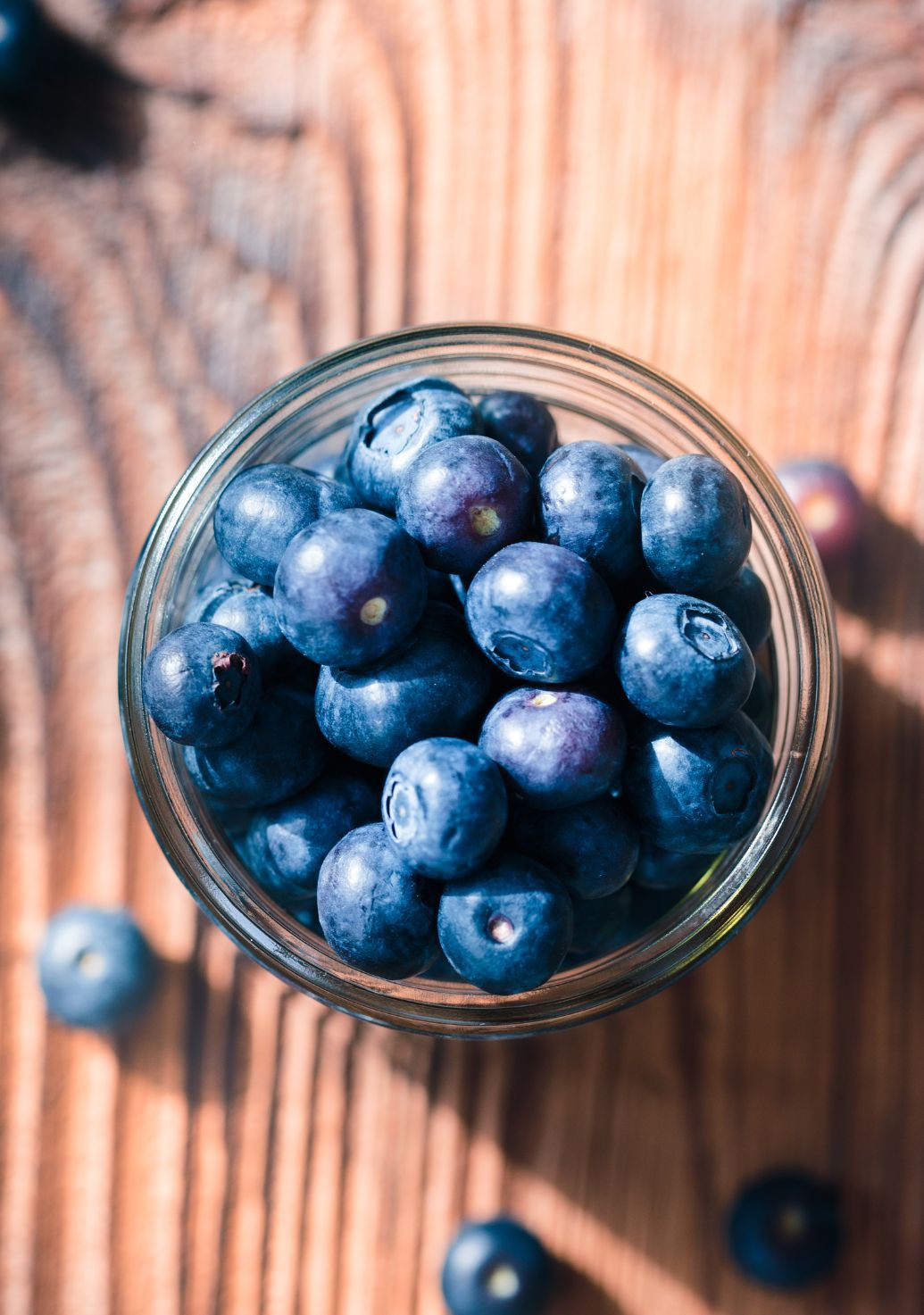
For a better and faster shopping experience, download app
Unkown

Pluckk Guides
Gone are the days when children would get convinced by cartoons to eat leafy greens. Getting children to consume nutritious meals might feel like an uphill struggle at times.
Child nutrition, on the other hand, is critical. Since the 1970s, the number of obese children has quadrupled, and the significance of nutrition for children is at an all-time high. Despite the abundance of information available, it can be tough to filter through and comprehend what good nutrition and dietary habits might look like for your children. To develop a stable and healthy lifestyle for your kid, you must first understand what proper nutrition is, how it affects childhood development, and what actions you can take to guarantee your child adopts appropriate eating habits.
What are the vital nutrients that your children need?
Children's nutrition is founded on the same fundamental concepts as adult nutrition. A healthy and suitable mix of diet and exercise, as well as a favourable lifestyle, are the keys to optimal nutrition. Grains, dairy, protein, veggies, and fruit are the five primary dietary groups and are an excellent beginning point for any child's diet. The proportions of each food category are strongly influenced by age, genetic composition, and physical activity.
Look for fresh fruits and vegetables that don't have any extra fats or sugars. Fruits should be consumed whole or in the form of juice. Teach your children the value of excellent nutrition and assist them in developing healthy eating habits. The more your child learns about nutrition, the more enthusiastic he/she will be about eating healthily.
Here are 10 fruits and vegetables for the growth and development of your children
Carrots - Carrots are high in antioxidants, beta carotene, potassium, and fibre. Carrots are probably one of the few veggies you don't have to force your child to eat. They make a wonderful and pleasant snack when paired with hummus or a yoghurt dip. They also make an excellent addition to a hearty soup where you may or may not add chicken as per your child’s preference.
Peas - These small power-packed nutritious peas contain vitamin C and K, which have good fibre and folate. Moreover, you can enhance the taste and nutrition of any regular dish by adding peas to it.
Avocado - Avocados are rich in vitamins C, B-6, and E and are an excellent food to add to the daily nourishment in your children's diet. They are high in omega-3 fatty acids, which is necessary for brain development. They are also high in folate, which is required for the formation of red and white blood cells in the bone marrow and plays a key role in the metabolism of glucose into energy.
Spinach - Spinach is a superfood and one of the most nutritious green leafy vegetables. It is high in antioxidants, Vitamin K, and vital elements for heart health. According to food science experts, spinach and other green leafy vegetables contain chlorophyll, which is helpful in preventing the carcinogenic effects of heterocyclic amines, which prevents malignant cell development.
Sweet potatoes - A sweet potato not only has a pleasant, sweet flavour that children will appreciate, but it is also incredibly nutritious. Sweet potatoes are high in vitamin C, B6, and copper and have a naturally sweet taste that roasting can increase. In addition, there is some evidence that frequent consumption may decrease the severity of common cold and respiratory infection by 13% in children. B6 is essential for cognitive development, immunological function, and haemoglobin synthesis. Copper is also involved in wound healing, iron absorption, and immune system function.
Banana - Incorporate the sweet and distinct taste of bananas in children's diets, providing them with an instant energy boost. It provides essential nutrients that aid in the development of strong bones and excellent eyesight. It is high in potassium and vitamin A. It aids digestion and avoids anaemia in youngsters.
Apples - An apple a day surely keeps the doctor away. Introduce and make this super fruit a vital part of your children’s diet that will help them stay strong, healthy and lead an active life. The dietary fibre increases the good bacteria in the gut that helps in digestion, and the mineral boron helps in the growth and development of your children.
Oranges - Keep diseases at bay by adding this vitamin C rich fruit to your child’s diet. This flavourful fruit is high in antioxidants, carotenoids and fibre. They aid in regulating blood pressure, preventing viral infections, preventing cancer and kidney disease, and the improvement of heart health.
Grapes - Children love the sweet and sour flavour of grapes, so it is easy for you to add this to your children’s snacks box. Because grapes' carbs are slowly absorbed, the energy they provide lasts longer. Grapes are also a good source of dietary fibre, potassium, and vitamin C. Grape skins are high in antioxidants, essential for optimum health.
Berries - The colourful berries create exciting snacks for the children, and the sweet taste further makes it even more enjoyable. Blueberries, strawberries, cherries, and blackberries are among the nutrient-packed berries. The darker the berry's pigment, the more nutritious it is. Berries are abundant in antioxidants, particularly vitamin C, which can help reduce the risk of cancer. Berries are also high in antioxidants, which are beneficial to the brain. In a recent study, these fruits were found to improve the cognitive functioning of rats, and researchers anticipate that a similar effect might occur in people.
Easy ways to make children eat fruits and vegetables
Some children eat fruits and vegetables without hassle, while others need little motivation to have them. You can make delightful smoothies with bananas, avocados or apples, or spinach. You may also add berries to your children's yoghurt, dips, and cold or hot porridge. Add a pile of berries to whipped topping for a light dessert. Alternatively, you may add berries to veggies to enhance their flavour. Try chopped cherries with broccoli or berries with green beans, for example.
You may integrate fruits by serving apples as a small dessert after meals. Alternatively, you may present a cup of apple juice or orange juice alone or with other fruits that complement it, such as carrots or grapes. To make their fruit intake more exciting, you can make banana ice cream or banana pancakes. To include vegetables, you can bake sweet potatoes, add broccoli and peas to pasta or make avocado egg rolls in wheat base chapatis.
Key takeaways
Proper nourishment is key to the cognitive, physical, and mental development of children. We must recognize that a child's performance is heavily influenced by his or her physical and emotional well-being, which can be affected by poor diet and lifestyle. It is not required to eat all fruits every day. However, we must incorporate certain fruits and vegetables into our regular diet. So make sure that you incorporate at least a few of the above-given fruits and vegetables in your children’s diet, and don't forget to be creative while serving them. Make it colourful with berries or fascinating with smoothies and apple pie or fruit-based desserts. Whatever you plan, ensure it's both nutrient-dense as well as delicious.
Shiny orange color and conical shape with a distinct earthy flavor
- 250 Gms (4-5 pcs)
- 500 Gms (9-10 pcs)
₹36
₹25
Fresh, snappy green peas with a fresh grassy flavour
- 250 Gms
- 500 Gms
₹72
Bright yellow skin with ivory cream flesh with semi-starch texture; Nutty and fruity flavor | Ready to eat in 1 - 2 days
- 500 Gms (4-5 Pcs)
- 1 Kg (8-9 Pcs)
₹57
₹42
Plump, deep blue with a succulent & sweet-tart taste
- 125 Gm
- 2x (125 Gms)
₹347






![Carrot Orange [English]img 3 Carrot Orange [English]img 3](https://im.pluckk.in/unsafe/1035x0/uploads/new_sku_designs_v3/111113166AF/3.jpg)
![Carrot Orange [English]img 1 Carrot Orange [English]img 1](https://im.pluckk.in/unsafe/1032x0/uploads/new_sku_designs_v3/111113166AF/1.jpg)
![Carrot Orange [English]img 2 Carrot Orange [English]img 2](https://im.pluckk.in/unsafe/1032x0/uploads/new_sku_designs_v3/111113166AF/2.jpg)






![Apple Fuji [Imported]img 1 Apple Fuji [Imported]img 1](https://im.pluckk.in/unsafe/1053x0/uploads/new_sku_designs_v3/231321107AO/1.jpg)
![Orange Mandarin [Imported]img 1 Orange Mandarin [Imported]img 1](https://im.pluckk.in/unsafe/1053x0/uploads/new_sku_designs_v3/242121263AF/1.jpg)





